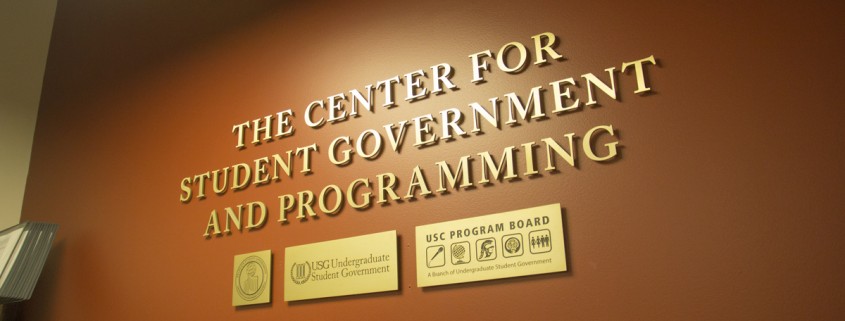Campus media must do a better job of vetting potential USG candidates
This summer saw the resignations of former Undergraduate Student Government President Truman Fritz and Vice President Rose Ritch after student activist efforts alleged that the former president had made anti-Black remarks on several occasions. Ritch stepped down after a formal impeachment complaint filed against her cited her silence and complicity in Fritz’s conduct.
These resignations beg the question of whether an informed electorate would have still voted the pair into power, especially considering that the pair was endorsed by the Daily Trojan and that the publication did not cover their violation of Section VIII.A.2 of the USG Elections Code, which restricts the use of mass messaging and spamming voters.
In the time leading up to the 2020-21 USG presidential election last semester, both of the most prominent student publications on campus remarked on the similarities between candidate platforms. Annenberg Media referred to the presidential debate as an opportunity for each ticket to distinguish itself while the Daily Trojan asked each ticket how they would differentiate themselves because of platform similarities.
While this may demonstrate that our student leaders are united in what needs to be addressed at USC, it also means that campus media must look beyond the platform and toward whether candidates have the skills and trust of the Trojan community to execute their goals. Every candidate can make promises but not every candidate can attest to whether they have been taking measured steps to ensure their goals are reached.
The current process for an endorsement by the Daily Trojan is handled by a nine-person editorial board consisting of the managing and section editors, two opinion staffers and a non-news editor. Six members ask the same six questions to all tickets. This may prevent predispositions from affecting the endorsement process, but it does not constitute an adequately robust vetting process for such an important position. Currently, the endorsement is only based on the interviews to avoid favoritism of one ticket over others. The editorial board does not conduct extensive research on candidates themselves and does not ask specific questions of each ticket that would better probe each candidacy.
On top of their endorsement, the Daily Trojan offers a voting guide to provide its readers with an introduction to the presidential tickets. Annenberg Media does not endorse a candidate but hosts a debate and also offers voters a guide with video responses to questions by the candidates.
However, it is important to note that when these student publications are interviewing candidates, it should not be an opportunity for a ticket to wax poetic about their candidacy — rather, it should be an opportunity for campus media to do their part in critically considering the minutiae and specific actions of candidates’ platforms and their personal characters.
Campus media must get at something different. They must try, even if it’s uncomfortable, to get into the specifics of how a ticket would perform in office, their plan to accomplish their goals and how their day-to-day would look while also ensuring that each meets standards of sustainability, wellness, inclusion and administrative accountability. The Daily Trojan editorial board must strive to ask difficult questions that a typical voter would not have the opportunity to ask all while maintaining a transparent process throughout.
An endorsement should help educate voters on candidates and eventually lead to better-informed decisions at the ballot box. An endorsement from the Daily Trojan, for example, carries a prominent feature with a print circulation of 10,000 copies. In elections decided by just a couple hundred votes, this is ever-important.
These margins are particularly crucial as USG voter turnout remains low despite efforts to increase it. In the past five years, voting last peaked in 2015 with 6,027 voters and reached a record low in 2016 with 3,700 votes. Just under 24% of students voted in this year’s election, totaling 4,777 votes. Because of this, the responsibility cannot be entirely placed on campus media, as low student participation cannot be the norm.
As countless Daily Trojan articles have argued, students must be more engaged in the USG election process, particularly at a time when the student body deserves candidates that truly believe in their platforms, have acted on them previously and will continue to push the envelope to better our student body. A lack of trust in the efficacy of USG is quite prevalent on our campus. It is thus up to our student leaders and campus media to adequately probe each campaign to ensure that this summer’s debacle does not occur again.

